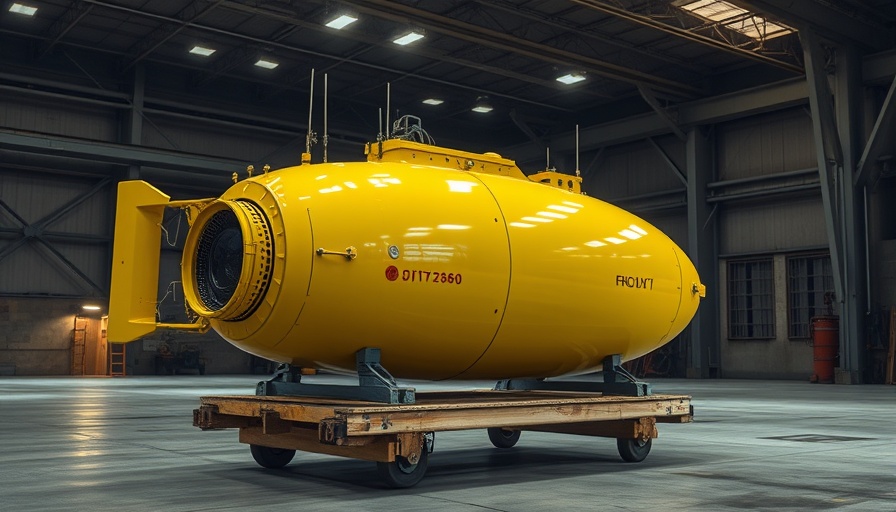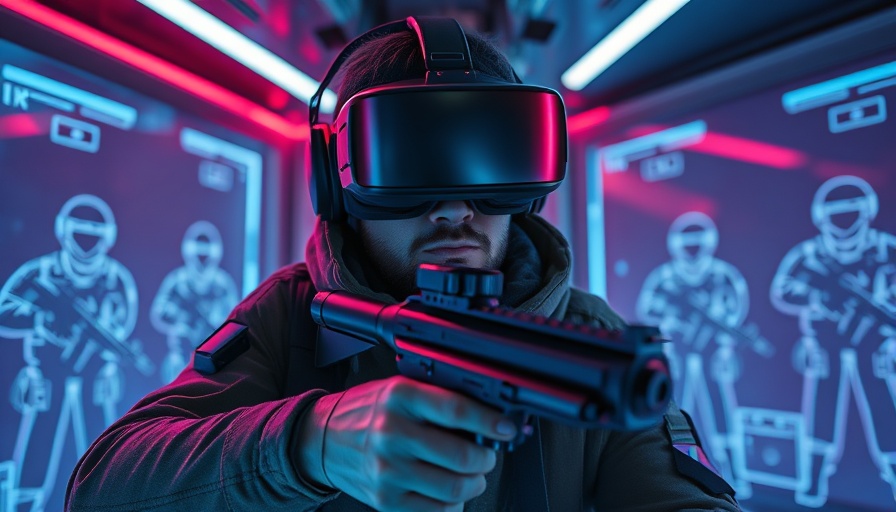
Exploring the Innovation Behind Aquark Technologies' Quantum Sensing
On April 23, 2025, the beloved autonomous submarine known as Boaty McBoatface made waves once again, but this time for its groundbreaking role in testing cutting-edge quantum sensing technology developed by UK startup, Aquark Technologies. Funded by NATO, this venture aims to revolutionize navigation systems and seabed imaging using a unique cold atom technology that operates independently of satellite systems.
The Significance of Cold Atom Technology
What sets Aquark’s technology apart is its innovative use of cold atoms. By cooling rubidium atoms to near absolute zero, Aquark manages to create a ‘trap’ that allows these atoms to exhibit quantum properties. These properties enhance the sensitivity of measurements related to gravity, acceleration, and rotation, making them more precise than traditional devices like GPS. This innovation could not only change the future of underwater navigation but also potentially enhance the safety and efficacy of military operations.
Successful Deployment in Challenging Conditions
During the recent trial at the National Oceanography Centre (NOC) in Southampton, Aquark's quantum tech proved effective under actual underwater conditions. According to company CEO Andrei Dragomir, the performance matched expectations set during previous tests. The successful integration of this technology signals a pivotal moment for industries reliant on accurate positioning and timing, particularly aviation, marine, and autonomous vehicles.
Broader Implications and Future Directions
As Dr. Alex Phillips, head of marine autonomous systems at NOC, suggests, the potential applications of this technology extend far beyond navigation. From air traffic control to underground exploration, the versatility of cold atom sensors could reshape multiple sectors while mitigating risks associated with satellite dependency.
Key Takeaways from the Trial
This trial marks a significant leap forward in utilizing quantum technology for practical applications. With Aquark's commitment to further innovation, we could soon witness a drop in reliance on GPS, presenting exciting growth opportunities for businesses and governments alike. If further tests prove successful, we may be looking at a new standard for technology in navigation and measurement, particularly in challenging environments.
As we continue to explore the capabilities of quantum technology, it is crucial to understand how these advancements can positively influence various industries and create a safer, more efficient future.
 Add Row
Add Row  Add Element
Add Element 


 Add Row
Add Row  Add
Add 

Write A Comment